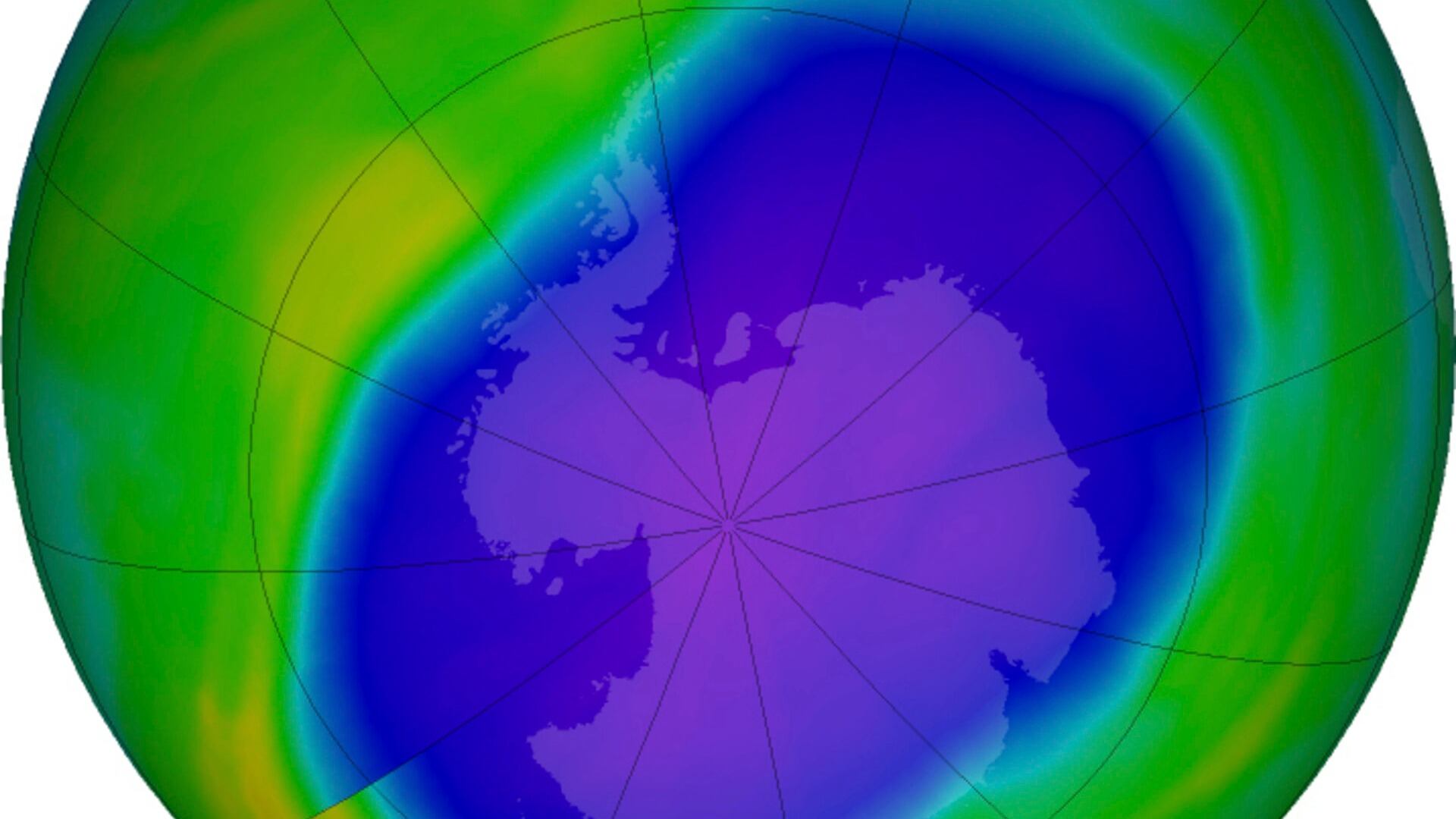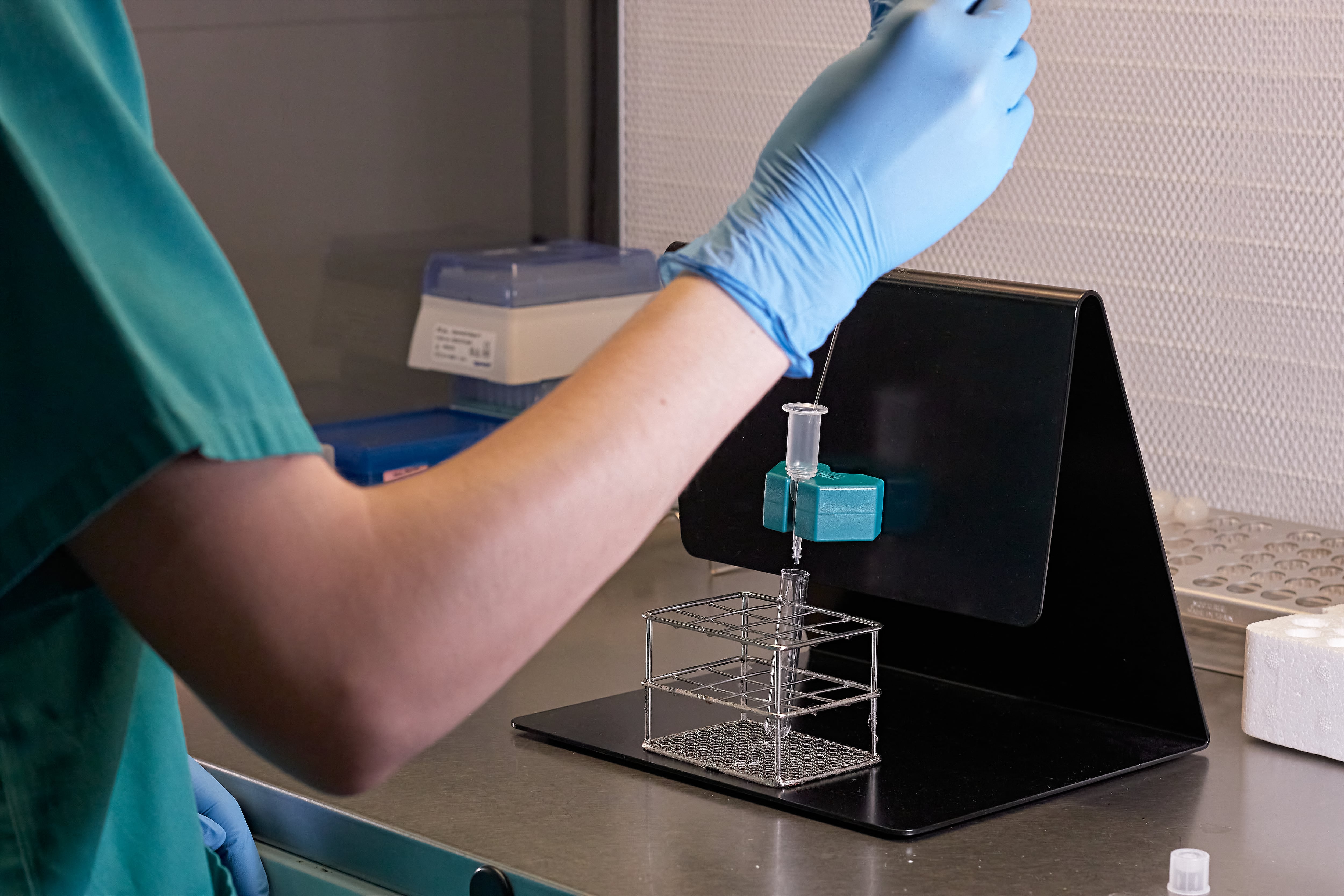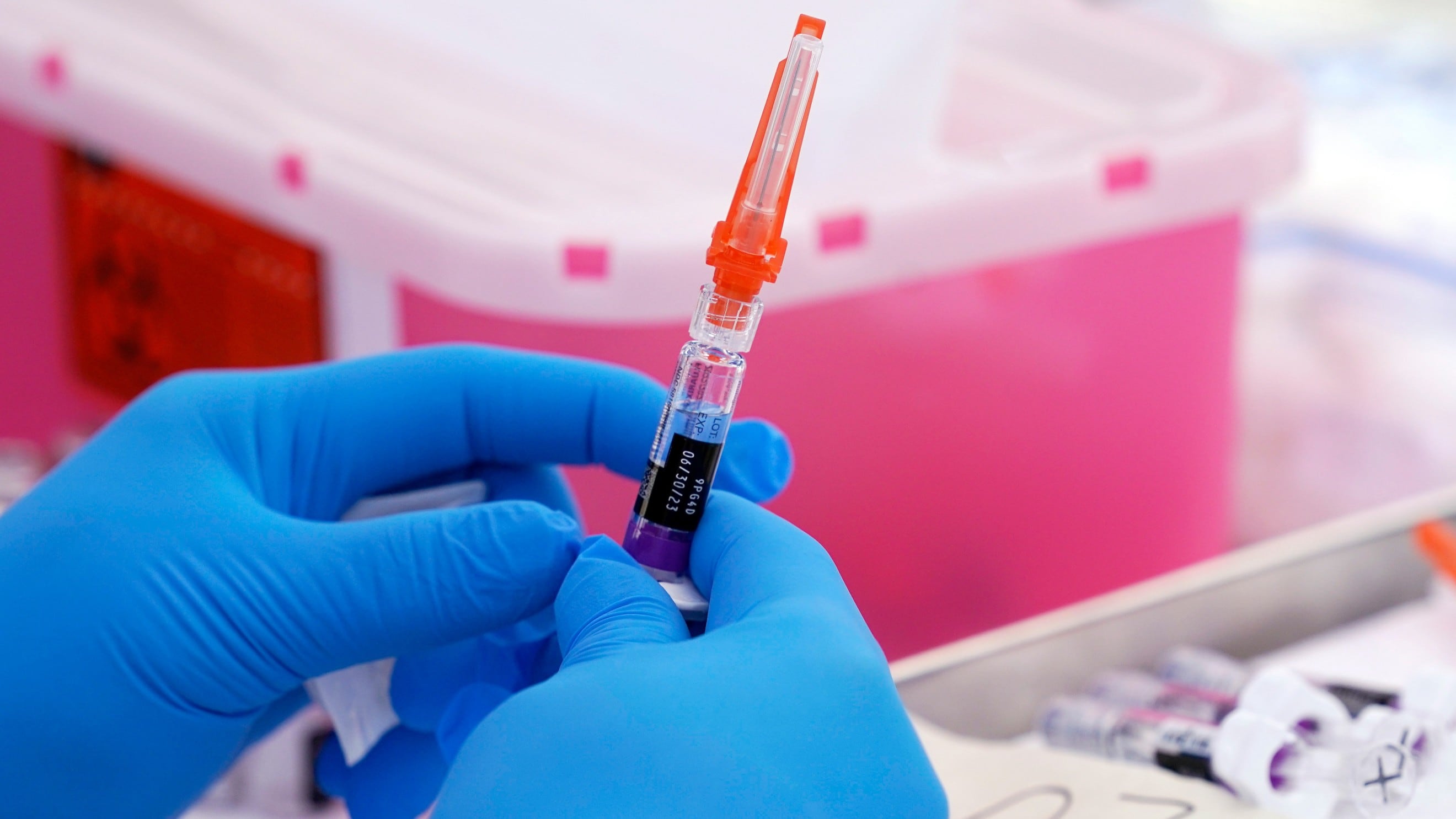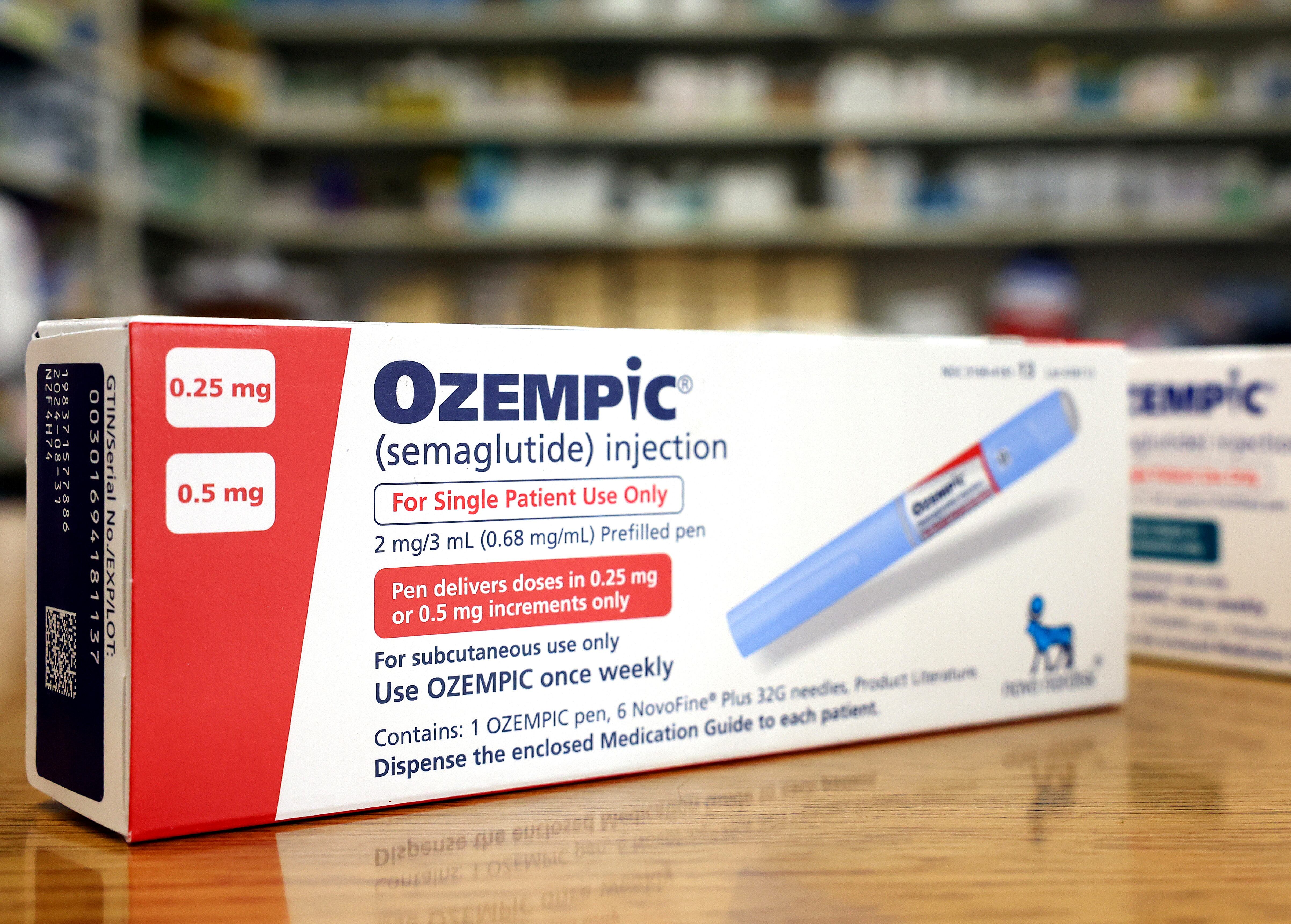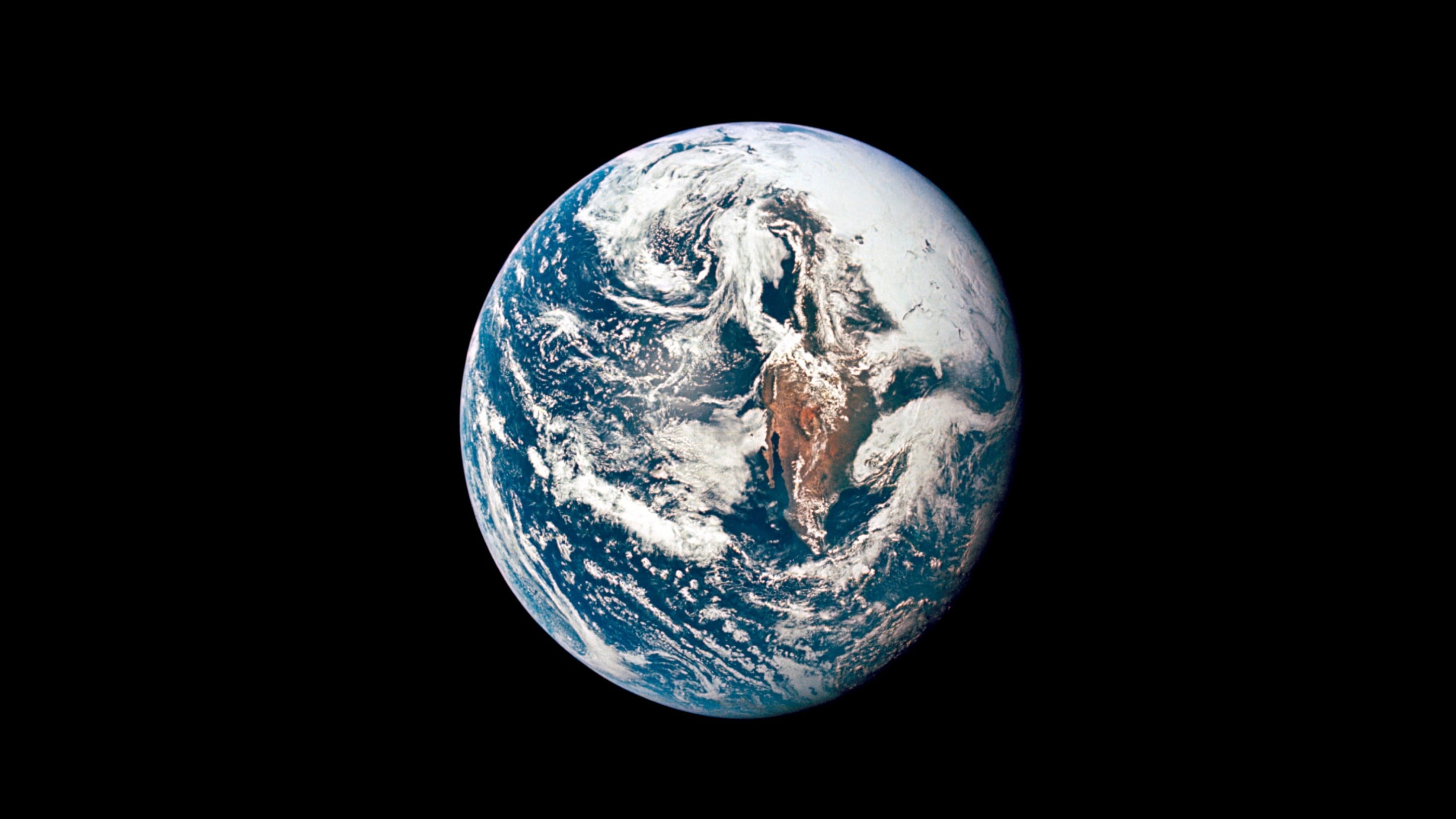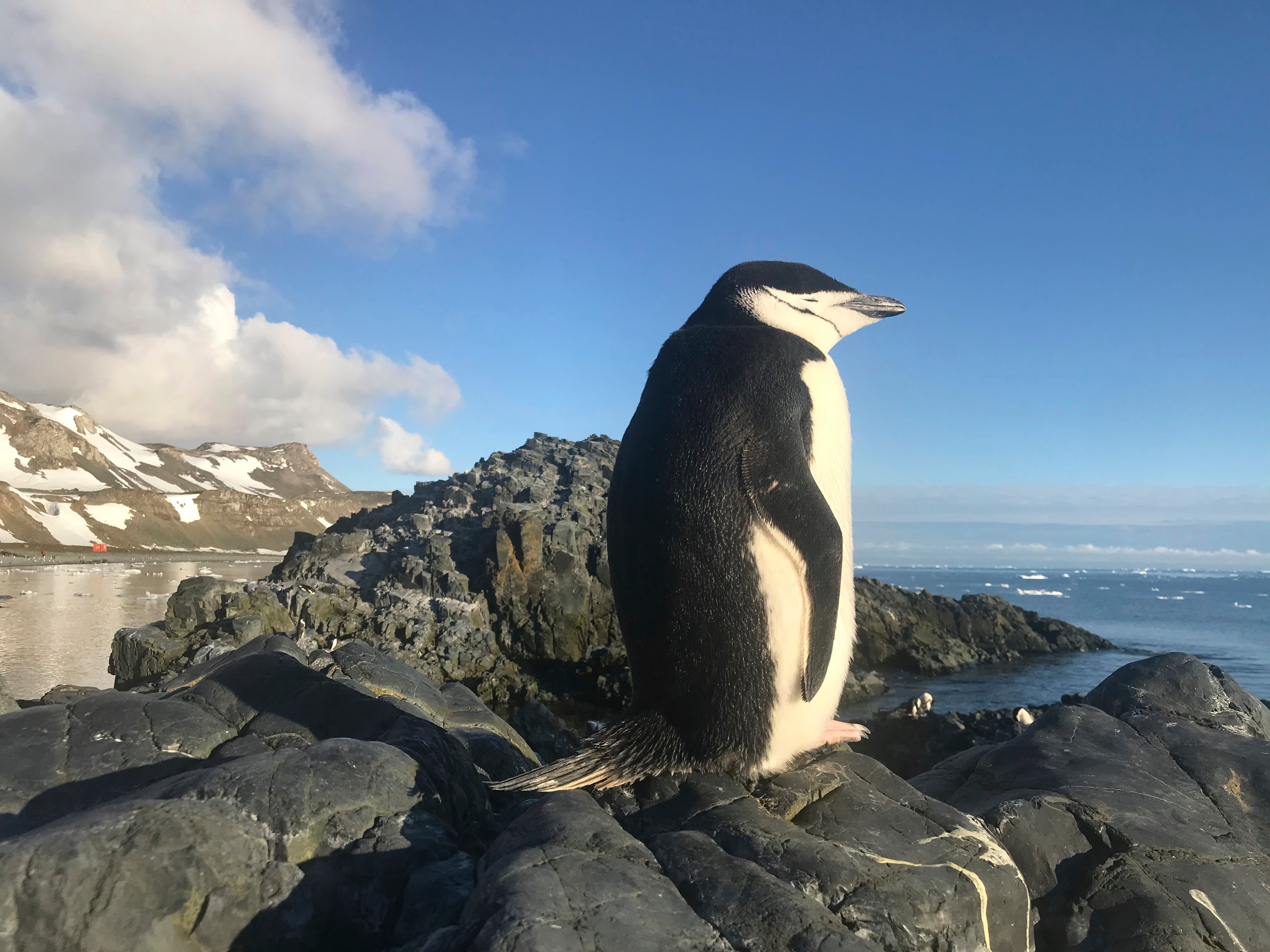Hope for the global environment has been detected after the United Nations found that Earth's protective ozone layer is recovering from years of human-induced damage.
The hole, which was discovered in 1985 by British scientists, is assessed every four years. On the latest check-in, scientists reported significant healing of the hole that sits over Antarctica.
"In the upper stratosphere and in the ozone hole we see things getting better," said Paul Newman, co-chair of the scientific assessment, according to the Associated Press.
In 1987, the nations of the world came together to sign off on the Montreal Protocol, which assigned each country with tasks to do their part in scaling back the use and production of ozone depleting substances.
In a previous assessment of the hole four years ago, scientists found that the hole was recovering then too, but the findings were preliminary and not as aggressive.
Factors like remitting the use of chlorine and bromine in products across industries, which at times had various uses such as in dry cleaning and anesthesia, have played a substantial role in the shrinking of the ozone's hole.
At the current rate, scientists predict that it could be fully repaired by 2066.
Eli Lilly launched Zepbound, the latest product to join the exploding market for weight loss medications.
A new storage drive is using DNA to store data for 100 and 50 years.
Rescuers searching the hazardous slopes of Indonesia’s Mount Marapi volcano found more bodies among the climbers caught by a surprise eruption two days ago, raising the number of confirmed and presumed dead to 23.
Flu is picking up steam while RSV lung infections that can hit kids and older people hard may be peaking, U.S. health officials said.
The maker of Ozempic is suing two pharmacies in Florida for allegedly selling impure versions of the popular weight loss and diabetes management drugs.
U.S. officials are urging consumers not to eat cantaloupe products including fruit cups due to a salmonella outbreak.
The 2023 United Nations Climate Change Conference known as COP28 kicked off in Dubai and major progress is already being made.
A 360-degree camera was sent into outer space and it collected some remarkable images of Earth.
A new study published in the journal Science observed chin strap penguins in Antarctica and found that they take thousands of small naps a day each lasting only about four seconds.
A new report reveals that Gen Z and millennial women face many serious issues when it comes to their health.
